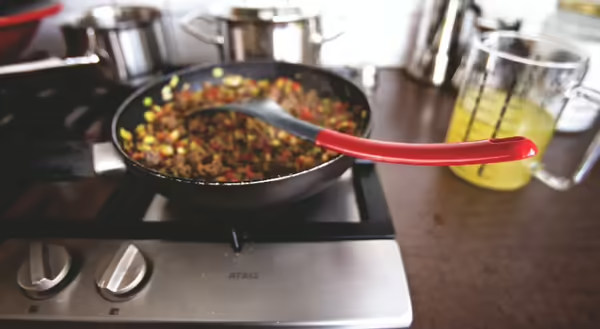
Do you often find yourself eating at a restaurant or buying fast food because you do not have the time or effort to cook a meal yourself? Do you see yourself running out of the food that you had just made to only last for a couple of days? Well, there is a method of preparing food that is both convenient and can save you money too and it is called meal prepping. Meal prepping is the process of preparing multiple meals at once, that can be eaten throughout the week or frozen to eat in the future.
Planning your meals a week in advance can help save money on groceries since you will not need many ingredients for meals that are going to be consistently eaten throughout the week. This method of preparing meals also allows ingredients to be bought in bulk. By utilizing this strategy, you can plan the meals based on what ingredients are on sale for the week. With this plan, you can focus on making meals that revolve around these sales, which in turn, would also help you save by both buying bulk and by taking advantage of the local sales being offered. Big warehouse stores like Sam’s Club, or Costco, which only sell bulk items, normally sell their items cheaper at a whole cost rate and may be a beneficial place to purchase groceries in bulk, especially for meal prep purposes.
Another advantage of meal prepping is the longevity that the food can last. Not only can you have a meal that lasts for 4-5 days when it is refrigerated, but food can also be frozen for later use as well. With these freeze and eat meals, you can take one out to thaw, and then eat it a couple of hours later, with no more work other than heat it up. It requires no effort and you know exactly what ingredients the food contains, unlike frozen meals bought from the grocery store. Meal prepping efficient and easy, it also helps save food costs and causes you to make fewer trips to the grocery store as well.
Written by Megan Young, Financial Wellness for College Students Peer Educator, University of Illinois Extension, Fall 2018. Reviewed by Kathy Sweedler, University of Illinois Extension.